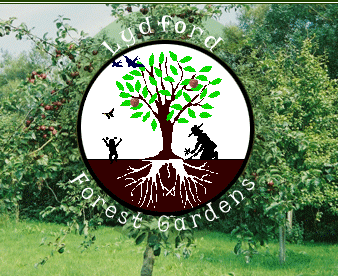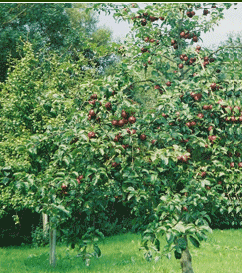Agenda 21 is the abbreviated form of ‘Agenda
for the 21st. Century’. Agenda 21 is the international action
plan agreed by 179 world leaders in Rio at the 1992 United Nations
Earth Summit on Environment and Development.
It sets out how the world’s governments should tackle environmental
issues such as global warming, pollution, waste, the ozone layer
and the diversity of the natural environment, as well as the interdependent
problems of poverty, population, health and the consumption of the
world’s resources.
Agenda 21 raises awareness that what individuals and communities
do locally affects the global picture. It asks local organizations
in every country to prepare strategies for sustainable development
and to make sure that all sections of the population are represented
in the decision-making, planning and implementation.
Hence Local Agenda 21 is about people participating actively at
a local level in setting their own agenda for community development
so that they achieve a good quality of life, as well as a good quality
environment.
There are many examples of actions that local communities can support:
- Cut down on waste. Recycle materials such as paper,
cans and bottles.
- Save water, save energy and natural resources.
Prevent and reduce pollution of the environment.
- Travel sensibly,
share cars, improve community transport.
- Look after the local
environment. Promote tree-planting and sustainable forest gardens.
- Support
local amenities and organizations.
”We can live in a more natural and environmentally-friendly way
and significantly improve our quality of life. By thinking carefully
about the way we use our resources – food, energy, shelter
and other material and non-material needs – it is possible
to get much more out of life by using less. We can be more productive
for less effort, reaping benefits for our environment and ourselves,
for now and for generations to come“.
Helen Carey, National
Federation of Women’s Institutes
|


